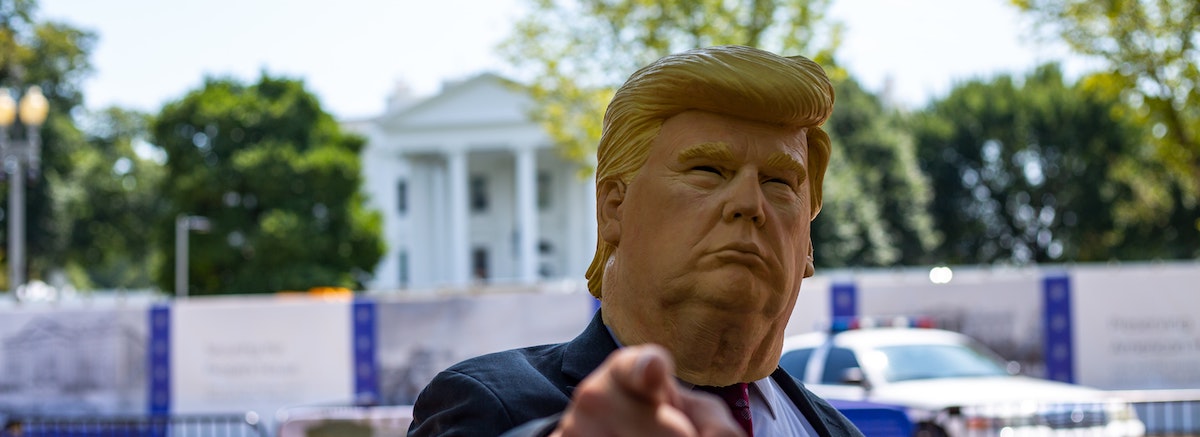This week, Kings College London hosted ‘The People’s Memes: Populist Politics in a Digital Society‘, an even that discussed recent political events such as the victory of Trump in the US presidential elections and the rise of left-wing populist formations such as Sanders in the US and Podemos in Spain. CAMRI’s Anastasia Denisova joined them to explore not only the strength of populist phenomena on both the Left and the Right of the political spectrum, but also their ability to tap into the affordances of social media. Populist appeal to the people and against the establishment seems to have found a suitable space on social media. This has been demonstrated by the way in which populist candidates have effectively used social network sites such as Facebook and Twitter, memefied their campaign slogans, and turned discussion forums such as Reddit into an organising space for activists.
During the event, Anastasia put forward the idea that “memes are becoming fast-food media of the present day media diet. Instead of obtaining their information, opinions and interpretation from quality media, social media users often over-rely on their social media feeds, they rush straight to the memes. By doing so, they nurture populist ideas. In the absence of proper media nutrition, the judgements become shallow and biased…”
The programme continued to discuss why left-wing and right-wing populism having success with digital technology? What makes social media so conducive to populist discourse? How are candidates such as Trump, le Pen, and Sanders using social media to channel their messages? How does populism in a digital society, differ from the agrarian populism of the 19th century and the populism of the poor seen among other contexts in Latin America during the 20th century?
Photo by Darren Halstead on Unsplash












